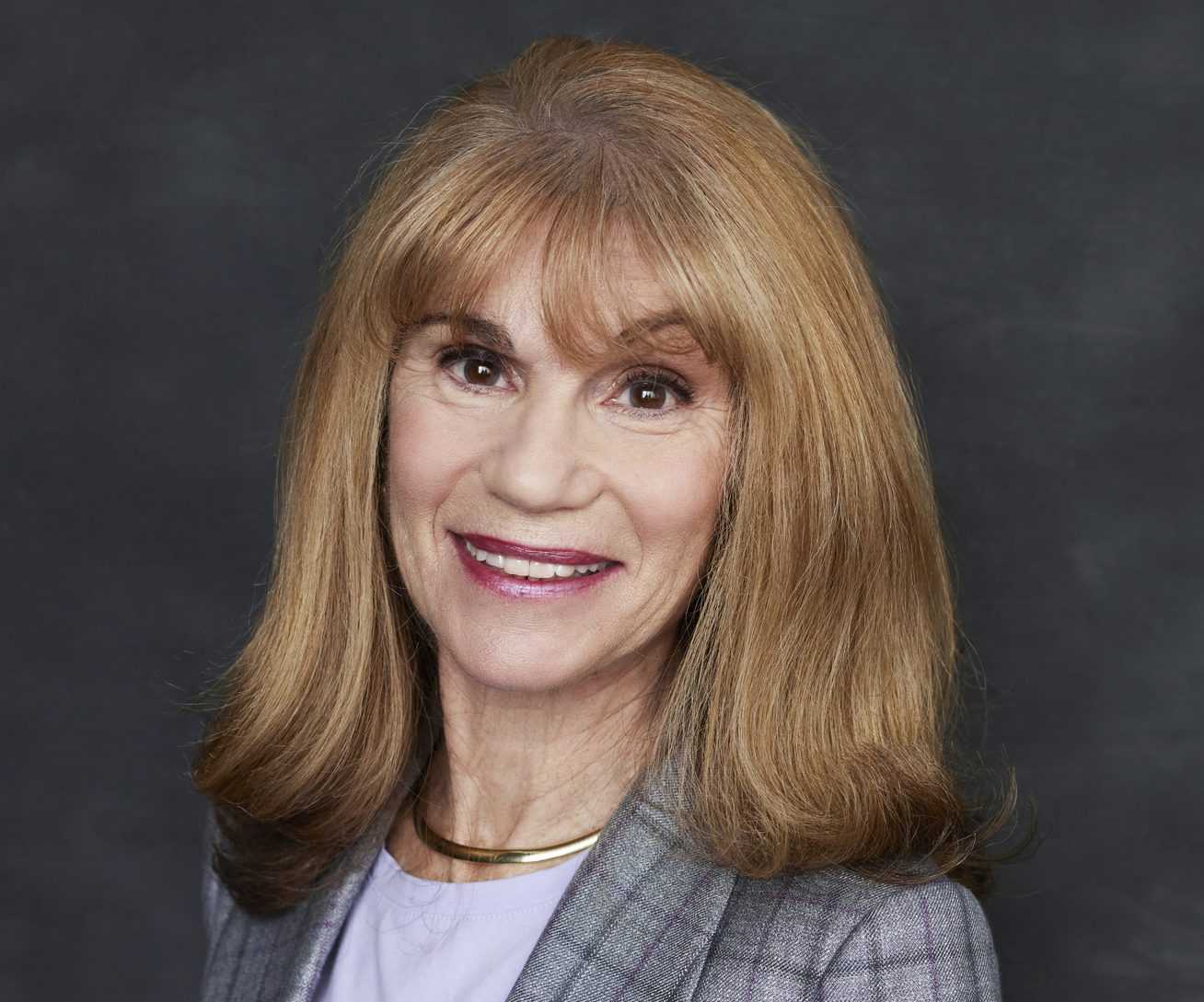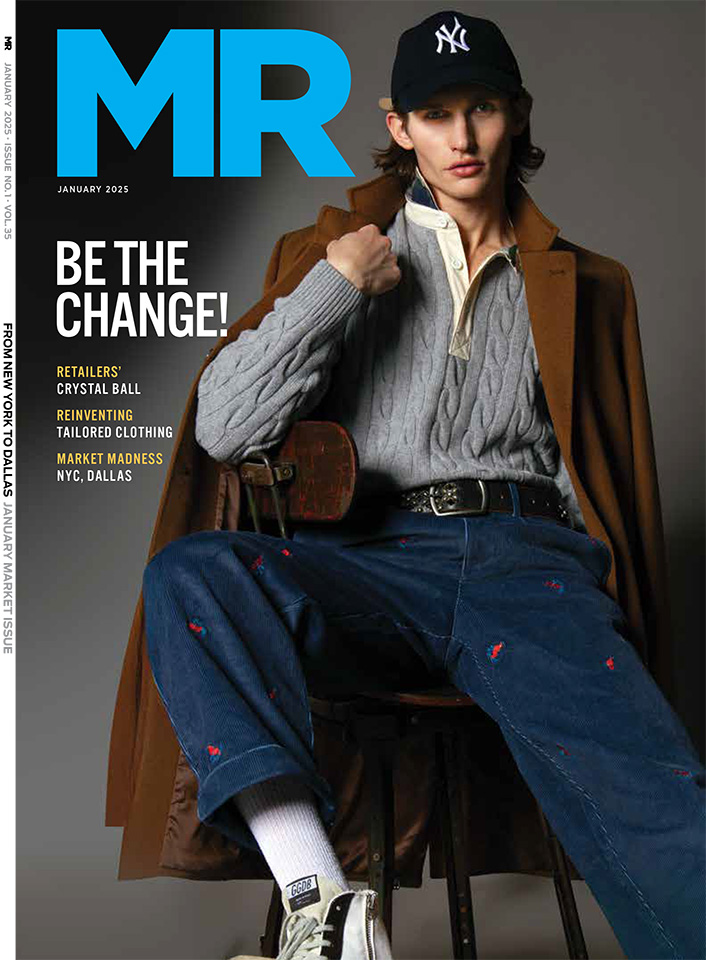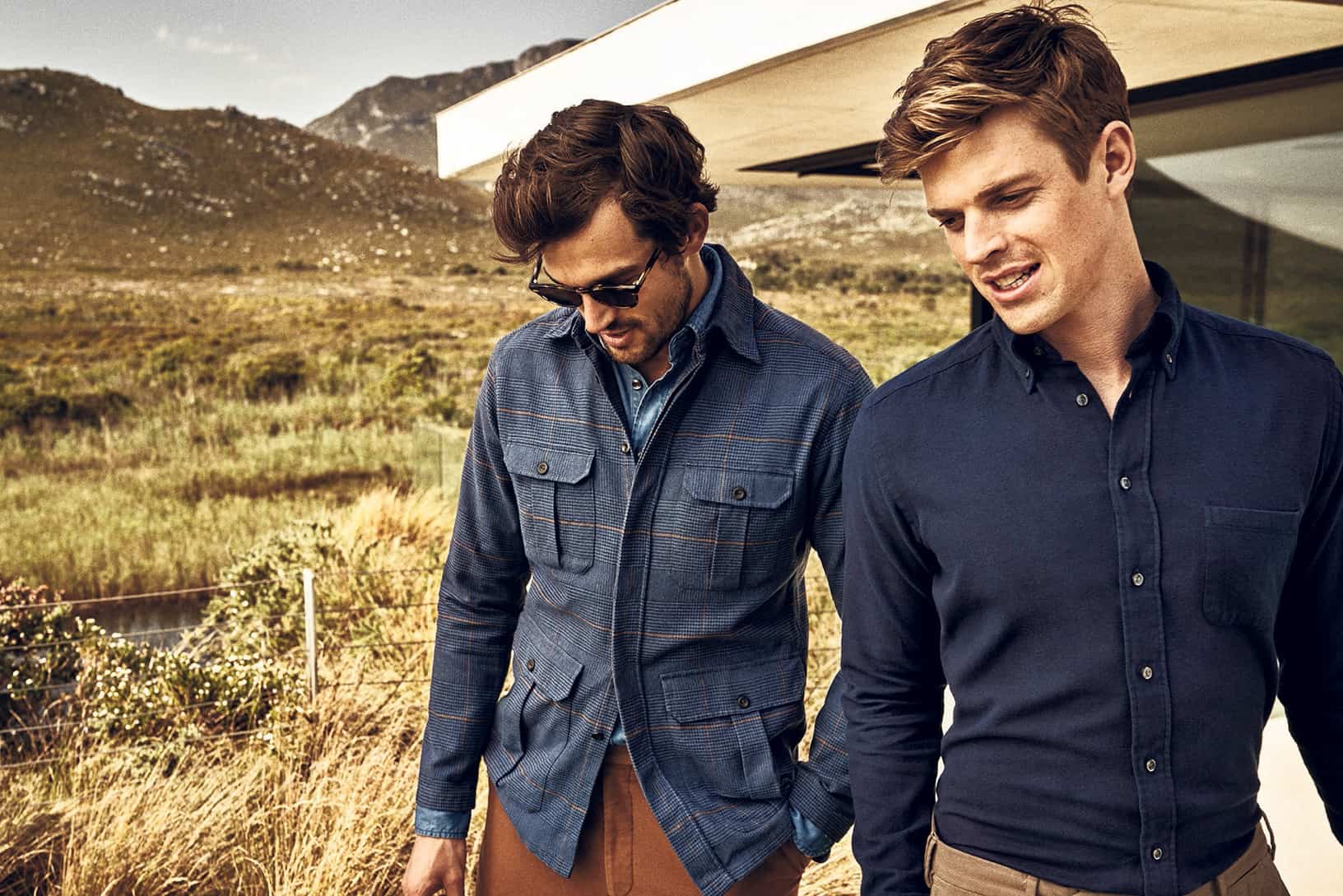ETON’S CHIEF SALES OFFICER ERIK WILKINSON ON THE BRAND’S GROWING MARKET SHARE


Q: Eton currently accounts for the majority of woven shirt business in many upscale specialty stores: what are you doing right?
A: There are several reasons for our growth but mostly, I credit our retail partners. They are great merchants, they know their customers. They identified Eton dress shirts early on for our quality, fabric and fit (actually four fits from classic to super slim); and they’ve continued to invest in us. They constantly give us feedback and ideas and we implement their suggestions. At Eton, “customer-centric’ is not just a buzzword: the consumer is virtually built into the walls at corporate headquarters. My entire job is to continue to deliver new product, and fresh ideas to create excitement at retail. And to give our retail partners the tools and support they need to grow sales. To make sure they have access to inventory, we’ve developed a business-to-business platform that gives them real-time access to as much inventory as is humanly possible. It can be set up like an automatic reorder system and it can flip from wholesale to retail to show consumers what’s available at present and in the future. Our goal is to create a true ‘endless aisle’.
Q: How big a problem is it for your wholesale accounts that you also sell direct-to-consumer?
A: Our retail customers are definitely sensitive to it and that hurts me. But the truth is that most brands are now selling online and it’s just a matter of time before they all will be doing it. Our goal is to delight the end consumer where ever he shops. We’re fighting so hard not to let the customer down.
So given the reality that everyone will eventually sell online, at least Eton provides its retail partners with the tools to enhance their success. We’ve even digitized the made-to-measure process, allowing our retail partners a business-to-business tool that flips over to consumer use. Our retail partners seem extremely pleased with this new technology and we’re excited to provide them with even more tools and access in the near future.
Q: Why do you even need made-to-measure with four different fits?
A: Made-to-measure is about five percent of our volume and growing. The growth is from men who want not just a perfect fit but also customized details. In fact, we recently launched a more simple made-to-order option at a slightly lower price than our made-to-measure to accommodate those who don’t need anything more than a sleeve length adjustment but want to select their individualized details. In general, men are still moving toward slimmer fits: there’s now almost parity between our contemporary fit and our slim fit in North America. (Slim is about 65 percent of the business in Europe).
Q: In addition to new digital technology, what else is changing at Eton these days?
A: We’ve made a sizeable investment in casual tops. Our designer Sebastian Dollinger is like a mad scientist: he and his amazing team of young artists have a studio outside of Lake Como and they’re doing terrific work with softer fabrics: enzyme washes, stone washes, overdyes, and also some shorter length shirts to be worn untucked. We call it Eton Soft and launched it this spring. It’s priced from $175 to $235 vs. our core Performance collection which goes for $235-$295. The goal is to fill the lifestyle needs of our core customer while also attracting a younger guy who has never dressed up. Also notable: our new pique and jersey polos (always in-stock in multiple colors in both long and short sleeve) with a less slouchy fit which is perfect under an unstructured sportcoat. For some reason, a crumply polo under a crumply sportcoat is too much crumple; this juxtaposition of crisp with slouchy is just right, and a great reason for customers to come in and buy another polo.



“There are several reasons for our growth but mostly, I credit our I retail partners. They are great merchants, they know their customers. They identified Eton dress shirts early on for our quality, fabric and fit (actually four fits from classic to super slim); and they’ve continued to invest in us”
Let’s see if I’m understanding this, you mostly credit you retail partners and their investment in your products for your growth but then you find nothing wrong in capitalizing on their success by selling directly to their customer. Nice way to show your appreciation. You are right, everyone doesn’t do it or think it’s appropriate.
As a retailer and young man in business, I actually applaud brands for recognizing and executing on the opportunities of selling direct to the consumer. It’s good business and when you adapt you thrive.
What I have an issue with is that the retail stores are not receiving credit or monetary compensation for the distribution and data value that they have provided the brand such as Eton Shirts and Canali. If it were up to me, stores should charge brands for having the access to their clientele the same way they are paying facebook and google to show up in front of potential clientele on the internet.
Because these brands now know where their customers / aficionados are, they are using platforms like facebook, instagram and youtube to target the retail clientele and siphon the clientele from the retail stores. On purpose. Two months ago we found out that Eton was actually bidding our stores name on google adwords. Now if that is not blatant then I don’t know what is. Stores!! please protect your name on the internet and I also urge you to begin the process of designing and creating your own brand. If you have to start as private label, that is ok, But you need to get to a place where you own the IP.
Kind Regards,
Alex Rios
Gene Hiller Stylists